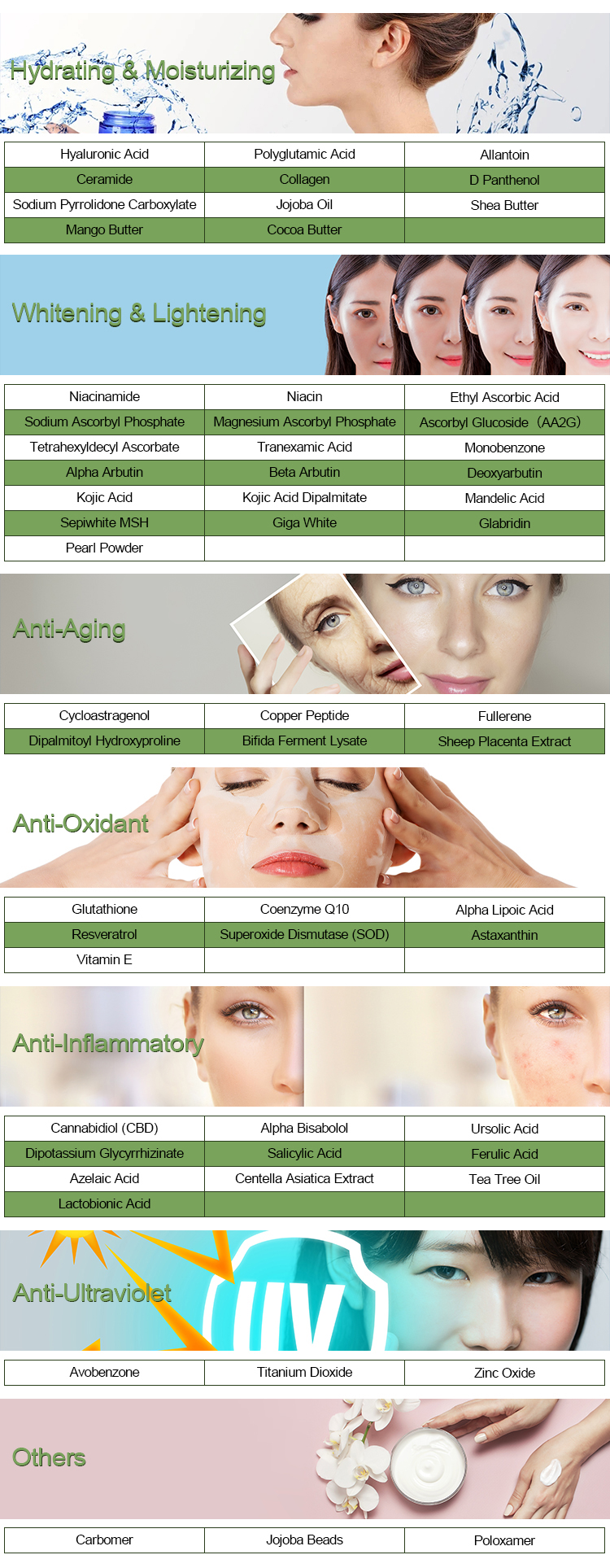Glutathione is a powerful antioxidant that plays a crucial role in protecting cells from oxidative stress and maintaining overall health. It’s available in various forms, including oral supplements, intravenous injections, and topical creams. If you’re considering using glutathione to achieve the best effects, here are some guidelines to keep in mind:
Consult a Healthcare Professional: Before starting any new supplement regimen, especially one involving glutathione, it’s important to consult with a healthcare professional. They can help determine if glutathione supplementation is appropriate for your individual health needs and conditions.

Choose the Right Form: Glutathione comes in different forms, including oral supplements, intravenous injections, and topical creams. The effectiveness of each form may vary depending on the purpose of supplementation. Intravenous injections may result in higher glutathione levels in the bloodstream, but they should only be administered by qualified medical professionals.
Oral Supplements: If you’re considering oral glutathione supplements, look for a reputable brand that offers high-quality products. However, it’s worth noting that there is some debate about the effectiveness of oral glutathione absorption. The digestive system tends to break down glutathione, and it might not be efficiently absorbed intact.
Co-administration with Vitamin C: Taking glutathione alongside vitamin C may help enhance its absorption. Vitamin C is known to support glutathione metabolism and recycling within the body. Some oral supplements even combine glutathione and vitamin C in the same formulation.
Dosage: The appropriate dosage of glutathione can vary based on factors such as your health goals, individual needs, and the form of supplementation. Dosages can range from around 250 mg to 1,000 mg or more per day for oral supplements. Intravenous doses should be determined and administered by a healthcare professional.
Consistency: Regardless of the form you choose, consistency is key. Regular and consistent use over time is more likely to yield positive effects. Don’t expect immediate results; it may take time for glutathione levels to increase and manifest noticeable effects.
Lifestyle Factors: While glutathione can offer benefits, it’s important to remember that achieving the best effects involves more than just supplementation. Maintaining a healthy lifestyle with a balanced diet, regular exercise, stress management, and adequate sleep are all crucial for overall well-being and supporting glutathione production.
Monitor Progress: Keep track of any changes you experience while using glutathione. This could include improvements in energy levels, skin health, and overall vitality. If you notice any adverse effects, consult your healthcare provider.
Avoid Self-diagnosis and Self-treatment: Glutathione supplementation should be approached with caution, and it’s important not to use it as a substitute for professional medical advice and treatment. Always work with a healthcare provider to ensure that your health needs are being met safely and effectively.

Remember that individual responses to glutathione supplementation can vary, and what works best for one person might not be the same for another. It’s important to prioritize your health and well-being and to make informed decisions in consultation with qualified medical professionals.
